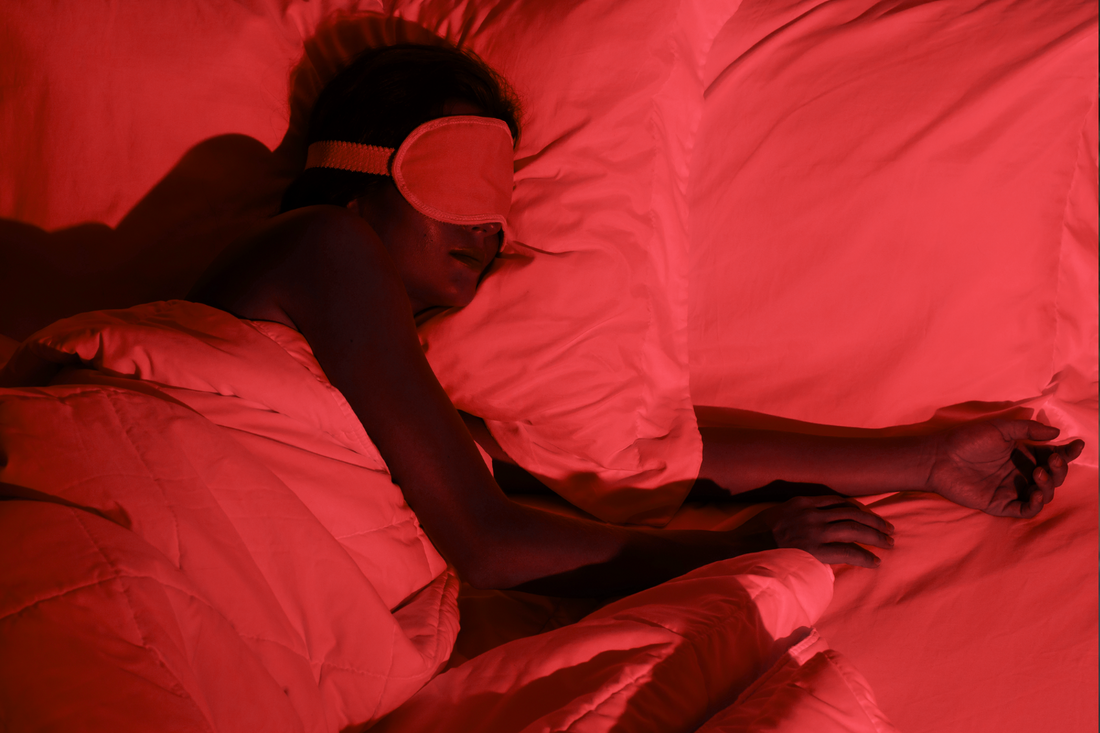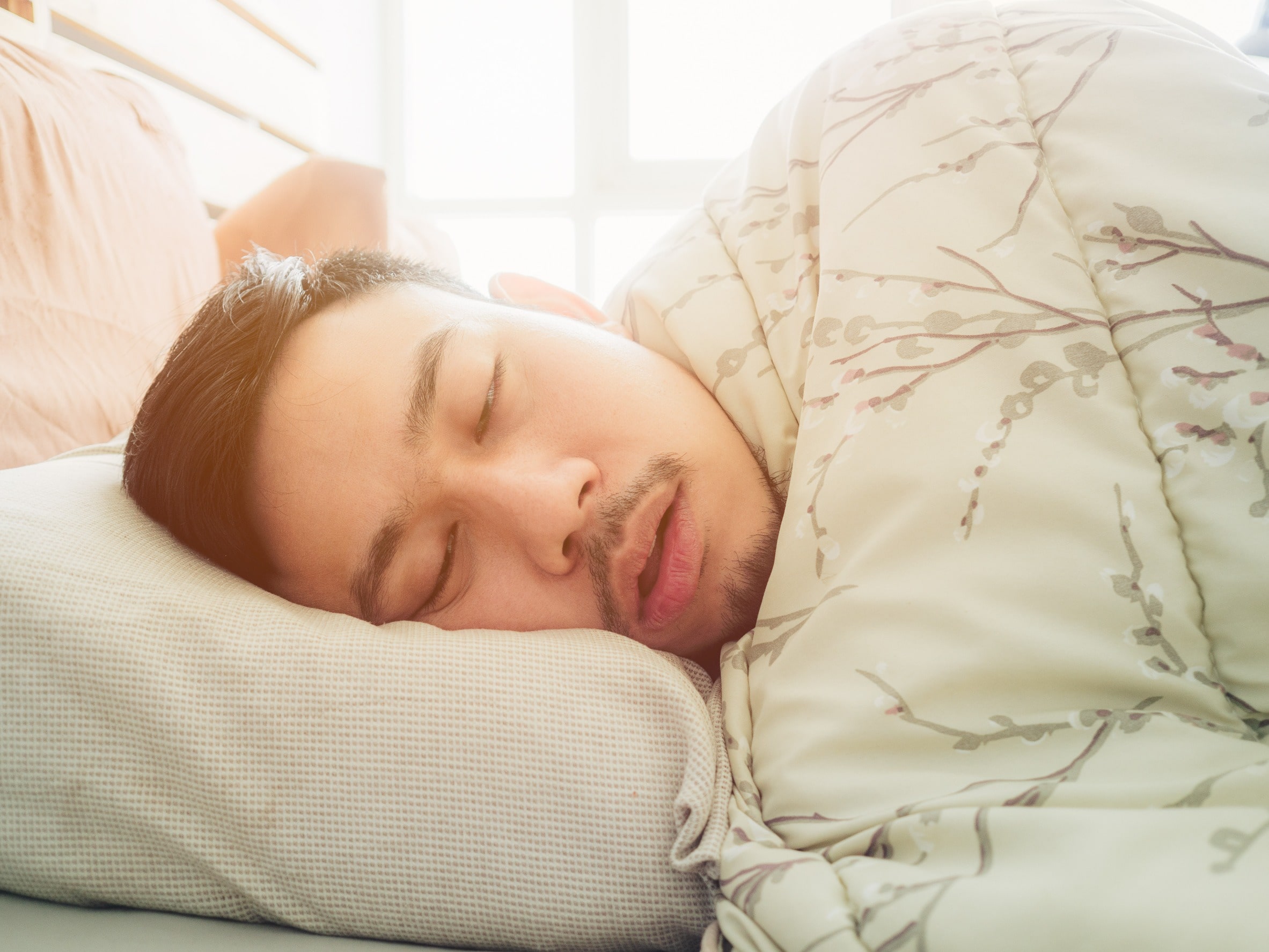Reliable Therapy Solutions for Handling Sleep Disorders and Enhancing Restful Rest
In the realm of healthcare, the management of rest conditions and the mission for peaceful rest are critical components of overall health. As we browse the intricate landscape of sleep problems and seek to enhance our rest experience, a deeper understanding of these therapy services may hold the trick to opening an extra refreshing and satisfying corrective trip.
Cognitive Behavioral Treatment for Sleeping Disorders (CBT-I)
Cognitive Behavior Treatment for Sleep Problems (CBT-I) is a structured, evidence-based treatment strategy that concentrates on addressing the underlying variables adding to sleep disturbances. This type of therapy intends to change habits and ideas that exacerbate sleep problems, inevitably advertising healthy sleep patterns. CBT-I typically includes a number of crucial elements, consisting of cognitive therapy, sleep constraint, stimulus control, and sleep hygiene education and learning.
Cognitive treatment aids people recognize and alter adverse thought patterns and beliefs concerning sleep that might be impeding their capacity to drop or stay asleep. Sleep constraint includes restricting the amount of time spent in bed to match the individual's actual sleep duration, therefore raising rest performance (insomnia counseling). Stimulus control methods help develop a solid association in between the bed and rest by urging individuals to go to bed only when drowsy and to prevent participating in stimulating tasks in bed
Additionally, rest health education and learning concentrates on establishing healthy and balanced rest practices, such as maintaining a regular sleep schedule, developing a relaxing bedtime regimen, and maximizing the rest setting. By addressing these elements thoroughly, CBT-I offers an efficient non-pharmacological intervention for managing sleeping disorders and boosting overall sleep high quality.
Rest Hygiene Practices
Having established the foundation of cognitive restructuring and behavioral adjustments in resolving sleeplessness via Cognitive Behavior modification for Sleeping Disorders (CBT-I), the focus now shifts in the direction of exploring crucial Rest Hygiene Practices for preserving optimum sleep high quality and total well-being.
Sleep health techniques include an array of practices and ecological variables that can dramatically impact one's capacity to drop off to sleep and remain asleep throughout the night. Constant rest and wake times, developing a relaxing bedtime routine, and maximizing the sleep setting by keeping it dark, peaceful, and cool are crucial parts of excellent sleep hygiene. Restricting exposure to screens before bedtime, staying clear of energizers like high levels of caffeine near going to bed, and participating in normal physical activity throughout the day can likewise advertise much better sleep quality.
In addition, practicing leisure strategies such as deep breathing exercises or reflection before bed can help relax the mind and prepare the body for rest. By including these rest health practices right into one's everyday routine, people can develop a healthy sleep pattern that supports relaxing sleep and total well-being.
Leisure Strategies and Mindfulness
Applying relaxation methods and mindfulness practices can play a pivotal duty in promoting a sense of calmness and advertising top quality sleep. cognitive behavioral therapy for insomnia (CBT-I). These techniques aim to quiet the mind, decrease tension, and develop an ideal setting for relaxing rest. One widely exercised method is deep breathing exercises, where people focus on slow-moving, deep breaths to kick back the body and mind. Dynamic muscle mass relaxation entails tensing and after that releasing each muscle mass group, advertising physical relaxation. In addition, assisted imagery can assist transfer people to a serene area in their minds, aiding in anxiety decrease and boosting sleep high quality.
Mindfulness methods, such as reflection and yoga exercise, are also effective in promoting relaxation and improving rest. Mindfulness urges people to stay present in the moment, letting go of worries about the past or future. By integrating these techniques into a bedtime routine, individuals can signal to their bodies that it is time to take a break and prepare for rest. Generally, incorporating relaxation methods and mindfulness practices can substantially contribute to taking care of sleep conditions and improving total rest quality.

Medicine Options for Sleep Disorders
After exploring leisure strategies and mindfulness methods as non-pharmacological treatments for improving sleep quality, it is necessary to consider medication choices for people with rest disorders. In cases where way of living changes and therapy do not give adequate alleviation, medicine can be a valuable tool in handling sleep disturbances.
Commonly prescribed medications for sleep disorders include benzodiazepines, non-benzodiazepine hypnotics, antidepressants, and melatonin receptor agonists. Antidepressants, such as trazodone, can be useful for individuals with co-occurring anxiety and rest disturbances - sleep therapy.
It is essential for people to seek advice from with a doctor to establish one of the most suitable medication alternative based on their specific rest condition and medical background.
Light Treatment for Circadian Rhythm Law
Light treatment, likewise understood as phototherapy, is a non-invasive treatment approach utilized to control circadian rhythms and boost sleep-wake cycles. This treatment includes exposure to intense light that mimics natural sunlight, which assists to reset the body's biological rhythm. By subjecting individuals to specific wavelengths of light, usually in the morning or evening depending upon the wanted effect, light treatment can effectively readjust the circadian rhythm to advertise wakefulness during see this site the day and enhance peaceful sleep in the evening.
Research study has shown that light therapy can be especially useful for individuals with body clock problems, such as delayed rest phase syndrome or jet lag. It can additionally be practical for those experiencing seasonal affective disorder (SAD), a kind of anxiety that generally occurs during the wintertime months when all-natural light exposure is decreased. Light therapy is normally well-tolerated and can be made use of combined with other treatment techniques for rest conditions to maximize outcomes and improve his explanation total sleep high quality.
Verdict
To conclude, reliable therapy solutions for managing sleep problems and improving restful rest consist of Cognitive Behavior modification for Sleeplessness (CBT-I), sleep hygiene techniques, leisure techniques and mindfulness, medicine alternatives, and light treatment for circadian rhythm guideline. These techniques can help individuals boost their rest high quality and general wellness. It is essential to seek advice from a healthcare provider to establish the most appropriate strategy for attending to sleep problems.
As we navigate the elaborate landscape of sleep conditions and look for to enhance our sleep experience, a deeper understanding of these therapy remedies might hold the key to opening a much more refreshing and fulfilling corrective journey.
Rest limitation involves limiting the quantity of time invested in bed to match the individual's real sleep duration, therefore enhancing rest efficiency. Consistent rest and wake times, producing a relaxing going to bed routine, and maximizing the sleep atmosphere by maintaining it dark, peaceful, and cool are vital parts of great sleep health. Light therapy is generally well-tolerated and can be utilized in combination with other therapy techniques for rest conditions to maximize results and improve total sleep quality.
